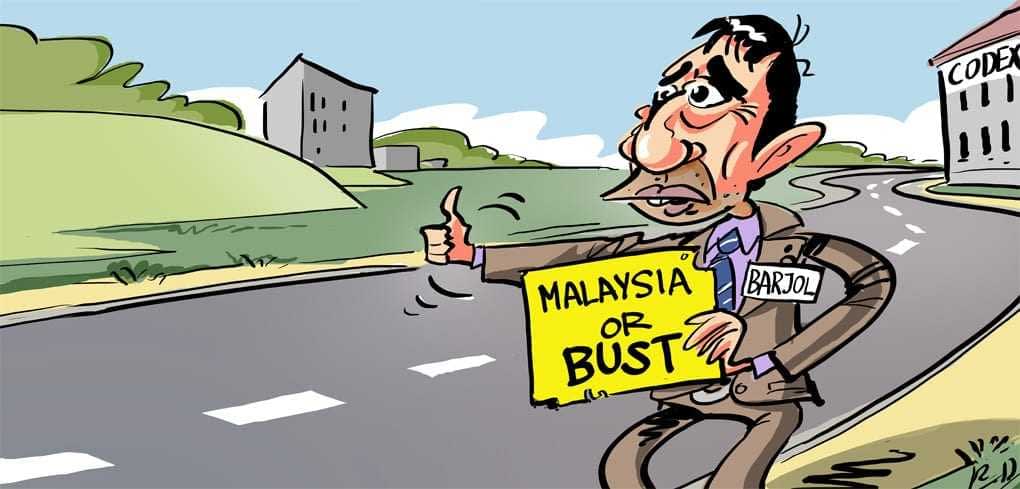The International Olive Oil Council (IOC) — the peak representative body for the sector globally — says a lack of funds will prevent it from attending a key Codex Alimentarius meeting on international standards for fats and oils in Langkawi, Malaysia.
Among issues on the agenda of the Codex committee on fats and oils meeting (CCFO), to be held from February 25 to March 1, is a push by New World producers to increase the allowable level of campesterol in olive oil.
And rival vegetable oil producers will seek changes to allow them to market soyabean and palm oils high in oleic acid, which would help them compete with heart-healthy olive oil, also rich in the monounsaturated fat.
IOC executive director Jean-Louis Barjol attended the last CCFO meeting, also in Penang, in 2011. As his report on the event shows, he took a strategic role there, holding meetings of olive oil delegates and achieving various compromises.
However, the IOC told Olive Oil Times this week that the IOC was “unfortunately” unable to participate this year “due to lack of funds.”
Spain’s Olimerca magazine reported in November on rumors that the IOC risked cuts to its funds from the European Commission, which it said provided 80 percent of the IOC’s income.
Asked this week for details of the IOC budgets for 2012 and 2013, Barjol said he could provide the figure for 2011 only — €8.52 million ($11.3m) — as that was the latest year for which the accounts had been audited.
IOC yet to set date for next meeting of members
As reported by Olive Oil Times earlier this week, the IOC recently canceled a request for proposals to study olive oil demand, and a date has yet to be set for the closing sitting of the 100th session of its Council of Members.
In a separate article, Olimerca said that the last meeting of the Council, in November, ended without agreement on the reports of various technical committees because quorum was lost when the delegates from Israel and Turkey left over their disagreement with proposed new IOC staffing regulations.
“It is the first time in the history of the IOC that in a final assembly no agreement was reached,” the magazine said.
Asked about the matter this week, the IOC said in an email on behalf of its executive secretariat only that “the 100th session failed to close in November because of the lack of quorum required by its governing convention.”
Asked why a closing sitting that had been planned for this month was canceled and another yet to be scheduled, it said under its internal regulations the convening of meetings fell to the IOC President, Habib Essid, who had seen fit to postpone the meeting set for this month and whose role it would be to set another date.
Essid was IOC executive director from 2004 to 2010. In March 2011 he was appointed Minister of the Interior in the interim government of Tunisia after the Arab Spring uprising there that in January saw the overthrow of the Ben Ali government, under which Essid had also served.
Tunisia’s opposition leader Chokri Belaid was assassinated earlier this month and the country is again gripped by political crisis.


 Feb. 14, 2013 07:48 UTC
Feb. 14, 2013 07:48 UTC Julie Butler
Julie Butler





